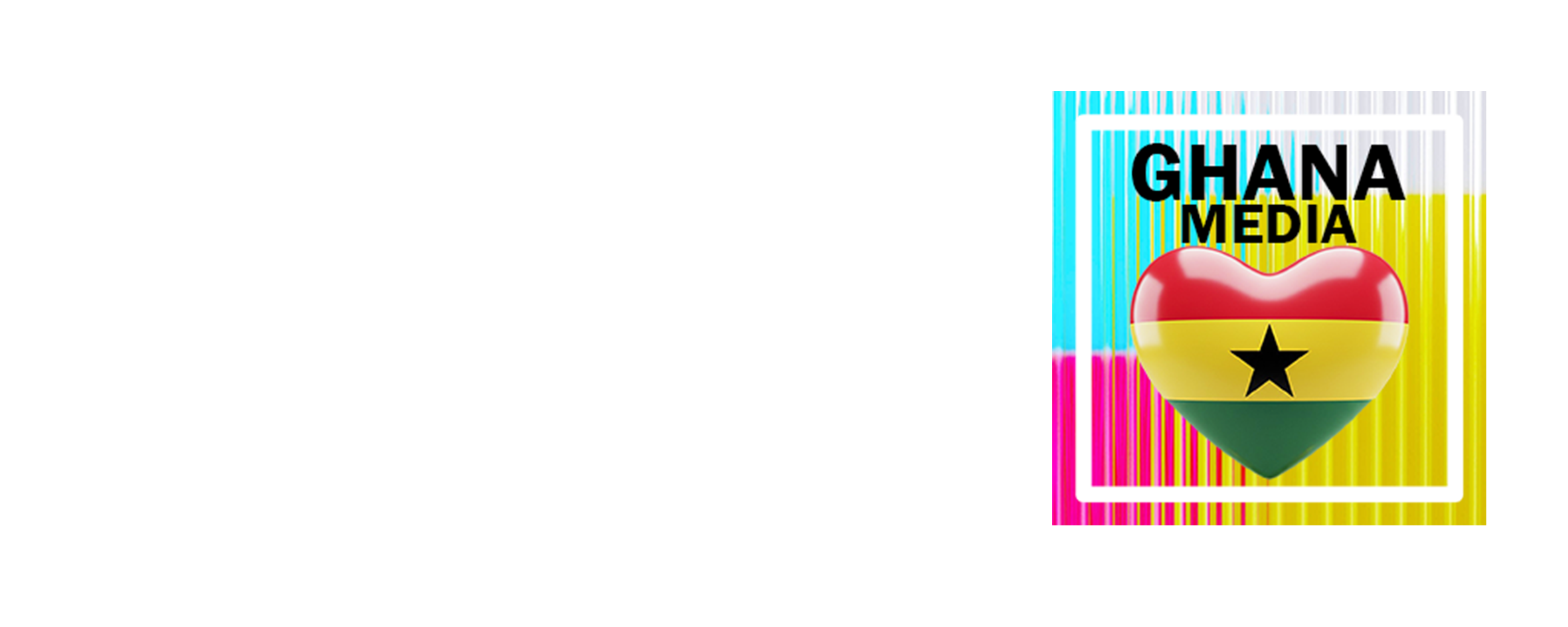President John Dramani Mahama has announced a bold new policy direction, declaring that by 2030, no raw mineral ores will be exported from Ghana as part of a strategic push to strengthen local value addition and create sustainable jobs for the country’s youth.
Shift Toward Local Processing and Industrialization
According to the President, the government will mandate that all mineral resources extracted within Ghana must undergo local processing before export. The move is designed to transform the country from a raw material exporter into a value-added industrial hub.
Ghana, one of Africa’s leading producers of gold and other minerals, has historically exported a significant portion of its raw ores. Under this new directive, companies operating in the sector will be required to establish or partner with local processing facilities.

Creating Jobs for Young People
President Mahama emphasized that the policy is fundamentally about jobs and economic empowerment. By refining and processing minerals locally, the government expects to generate thousands of direct and indirect employment opportunities for young Ghanaians.
From engineers and technicians to supply chain operators and logistics professionals, the value chain expansion is projected to significantly reduce youth unemployment while boosting skills development.
Boosting Ghana’s Economic Value Chain
Beyond job creation, the initiative aims to increase Ghana’s export revenues and reduce the loss of potential income associated with exporting unprocessed ores. By retaining more stages of production within the country, Ghana stands to capture greater economic value from its natural resources.
The policy also aligns with broader national industrialization goals and efforts to strengthen local manufacturing capacity across multiple sectors.
Industry and Public Reactions
The announcement has sparked conversations across the mining and business communities, with stakeholders weighing the implications for investment, infrastructure, and regulatory frameworks.
Supporters say the move positions Ghana as a forward-thinking resource economy, while others stress the need for clear timelines, incentives, and reliable power supply to support large-scale processing plants.
As the 2030 target approaches, attention will now turn to policy implementation, enforcement mechanisms, and collaboration between government and private sector operators.
GhanaMedia.net will continue to monitor developments surrounding this major economic policy shift.










